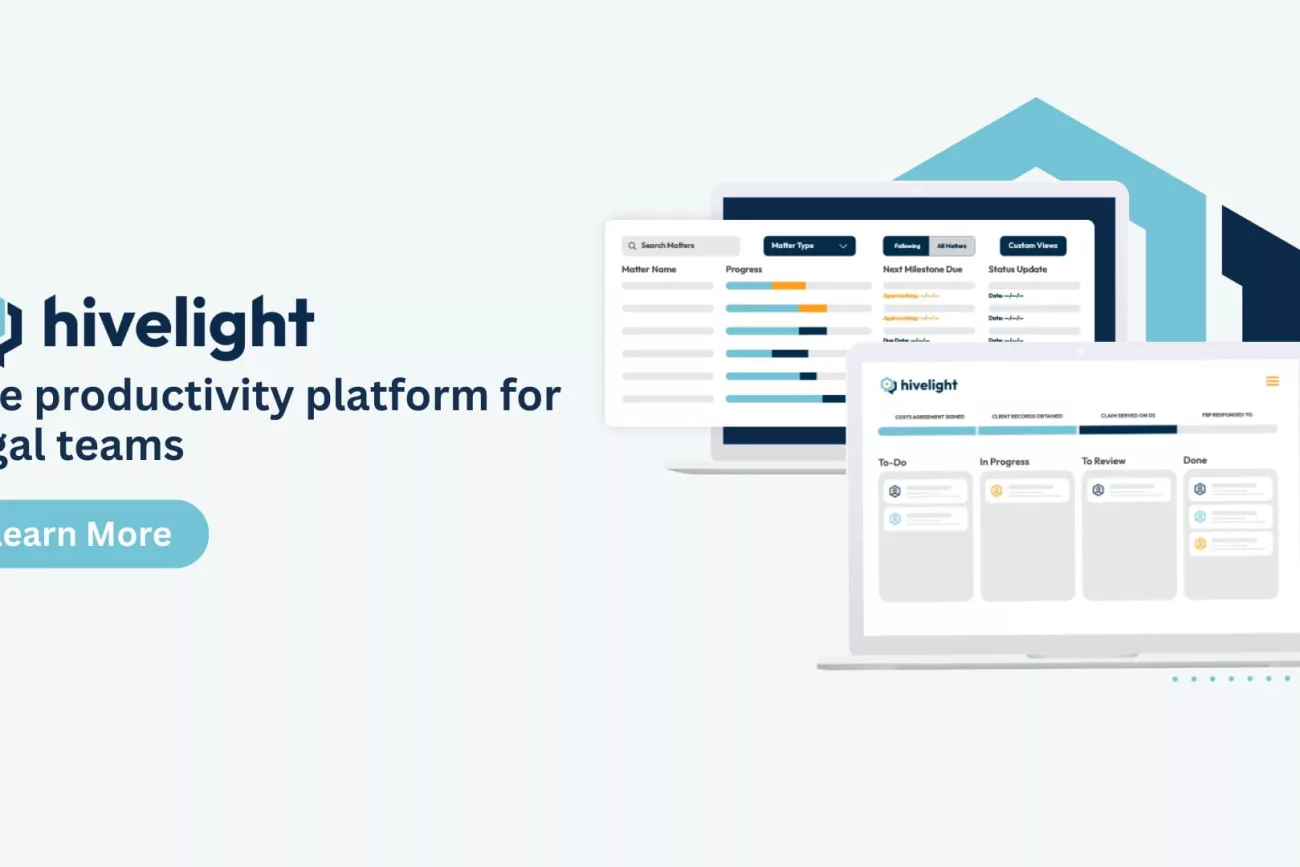
Key Points
- Establishing a centralized repository for storing and retrieving legal knowledge forms the backbone of an effective Legal Knowledge Management (LKM) system, ensuring that all legal resources are easily accessible, up-to-date, and organized.
- Legal Knowledge Management significantly reduces redundancy and the time spent on searching for or re-creating existing legal documents, which in turn enhances operational efficiency and allows legal professionals to focus on more strategic tasks.
- Technologies such as Artificial Intelligence and Blockchain are instrumental in augmenting LKM by automating mundane tasks, ensuring the authenticity of legal knowledge shared, enhancing search capabilities, and even predicting legal outcomes based on historical data.
- Fostering a culture where knowledge sharing is encouraged and rewarded is key to the success of any LKM initiative, promoting continuous learning and collaborative expertise sharing among legal professionals.
Introduction to Legal Knowledge Management
Legal Knowledge Management is the cornerstone for law firms aiming to streamline their operations and foster a culture of continuous learning and expertise sharing. By centralizing and organizing the vast array of legal knowledge, firms can significantly cut down the time and resources spent on redundant tasks, leading to enhanced efficiency and client satisfaction.
The Importance of Legal Knowledge Management
In a profession where precedent and statutory interpretation are key, having a robust Legal Knowledge Management system is indispensable. It not only aids in better decision-making but also fosters a culture of collaborative learning and expertise sharing among legal professionals.
Staying Abreast with Legal Updates
The legal landscape is ever-changing with new rulings, amendments, and legislation. A comprehensive LKM system helps in staying updated and ensuring compliance with the latest legal norms.
Enhancing Operational Efficiency
By reducing the time spent on searching for and re-creating already existing legal documents, LKM enhances operational efficiency and allows legal professionals to focus on more strategic tasks.
Components of Legal Knowledge Management
A well-rounded Legal Knowledge Management system comprises several components, each catering to different facets of knowledge management within a law firm.
Centralized Knowledge Repository
A centralized repository for storing and retrieving legal knowledge is the backbone of an effective LKM system. It ensures that all the legal resources are easily accessible, up-to-date, and organized.
Advanced Search Capabilities
With advanced search capabilities, legal professionals can quickly find the information they need, thus saving time and enhancing productivity.
Legal Knowledge Management Technologies
In the digital era, technology plays a pivotal role in propelling Legal Knowledge Management to new heights. From Artificial Intelligence to Blockchain, various technologies are being employed to augment LKM.
Artificial Intelligence in LKM
AI can drastically reduce the time spent on mundane tasks by automating document categorization, legal research, and even predicting legal outcomes based on historical data.
Blockchain for Secure Knowledge Sharing
Blockchain technology can be utilized to create a secure and immutable record of legal knowledge, ensuring the authenticity and integrity of the information shared.
The Path to Implementing Legal Knowledge Management
Implementing LKM is a journey that requires a well-thought-out strategy, the right technology, and a culture that encourages knowledge sharing and continuous learning.
Assessing the Current Knowledge Infrastructure
Before embarking on the LKM journey, it’s crucial to assess the existing knowledge management infrastructure and identify the gaps that need to be filled.
Selecting the Right Technology Partners
Choosing the right technology partners can make or break the success of the LKM implementation. It’s vital to select partners who have a deep understanding of the legal domain and the challenges it entails.
Legal Knowledge Management Best Practices
Adhering to best practices in LKM can significantly enhance the success rate of the implementation and ensure that the law firm reaps the maximum benefits.
Establishing a Knowledge Sharing Culture
Fostering a culture where knowledge sharing is encouraged and rewarded is key to the success of any LKM initiative.
Conclusion
Legal Knowledge Management is no longer a luxury but a necessity for modern law firms aiming to stay ahead in the competitive legal landscape. By investing in a robust LKM system and fostering a culture of continuous learning and expertise sharing, law firms can significantly enhance their operational efficiency, compliance, and client satisfaction, propelling them to new heights of success.
Share this post
Frequently Asked Questions (FAQs)
Q: What is Legal Knowledge Management?
A: Legal Knowledge Management (LKM) is a systematic approach to managing and leveraging the vast array of legal knowledge within a law firm to enhance operational efficiency, compliance, and collaborative learning among legal professionals.
Q: How does Legal Knowledge Management benefit law firms?
A: LKM benefits law firms by reducing redundancy, enhancing operational efficiency, ensuring compliance with the latest legal norms, and fostering a culture of continuous learning and expertise sharing.
Q: What technologies are being used in Legal Knowledge Management?
A: Technologies such as Artificial Intelligence and Blockchain are being employed to augment Legal Knowledge Management by automating mundane tasks, ensuring the authenticity of legal knowledge shared, and enhancing search capabilities.
Q: How can a law firm implement Legal Knowledge Management?
A: Implementing LKM requires a well-thought-out strategy, the right technology partners, and a culture that encourages knowledge sharing and continuous learning. Assessing the existing knowledge management infrastructure and selecting the right technology partners are crucial steps in the LKM implementation journey.
Q: What are the components of a good Legal Knowledge Management system?
A: A good LKM system comprises a centralized knowledge repository, advanced search capabilities, and the right technology to automate mundane tasks and ensure the authenticity and integrity of the legal knowledge shared.
Q: How can technology augment Legal Knowledge Management?
A: Technology can significantly augment LKM by automating mundane tasks, enhancing search capabilities, ensuring the authenticity of legal knowledge shared, and even predicting legal outcomes based on historical data.














